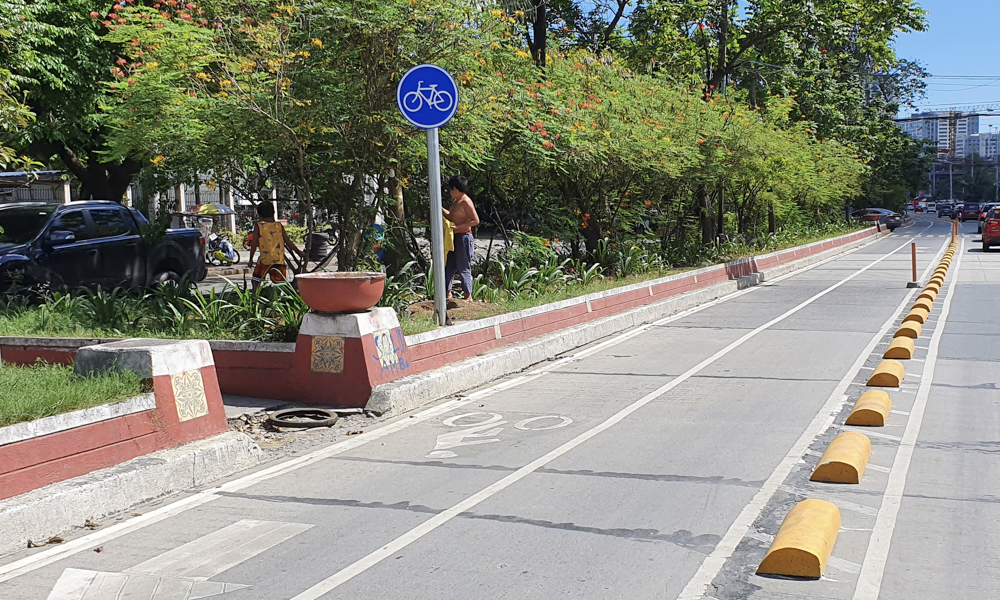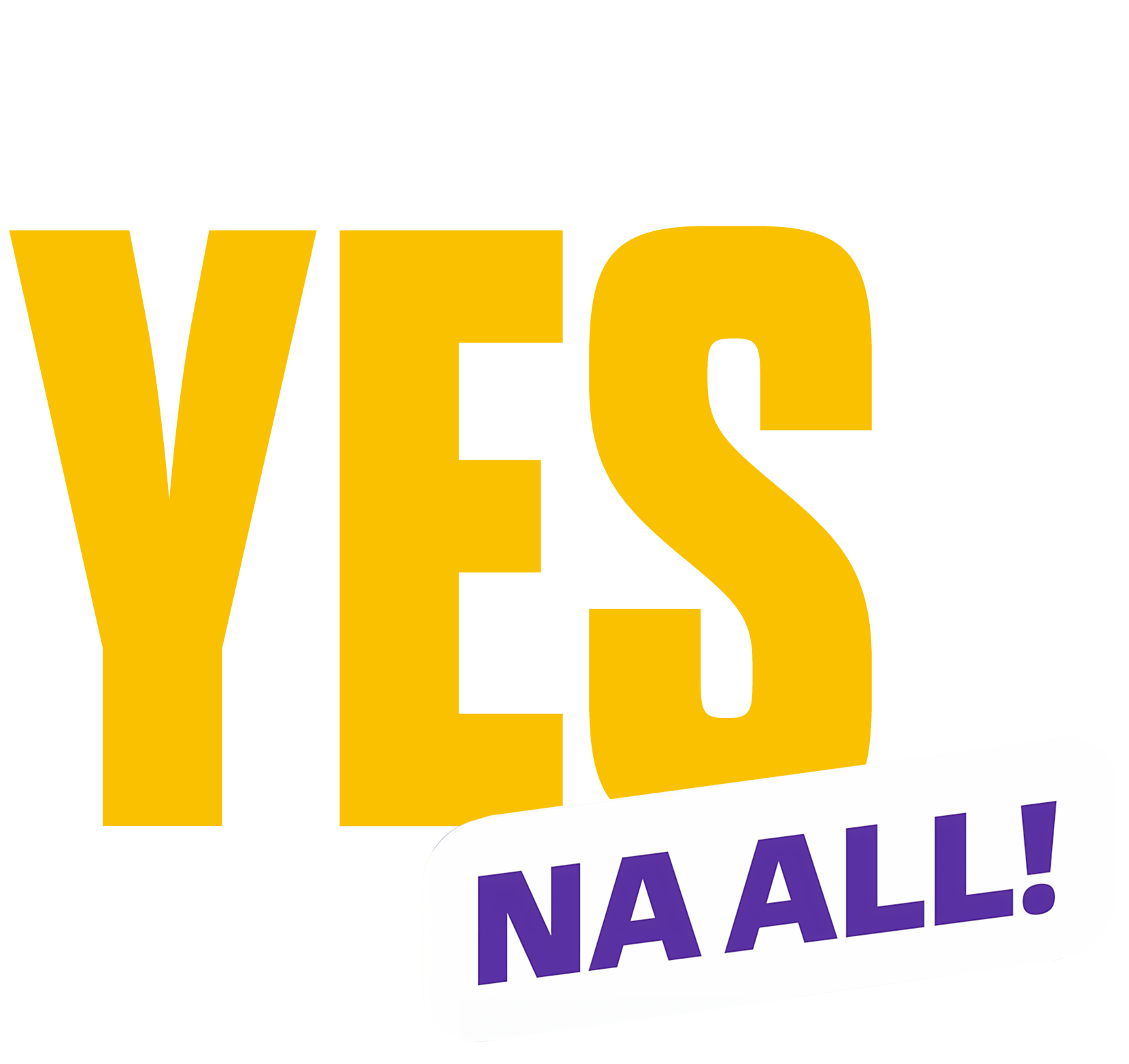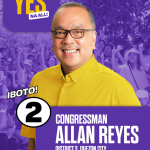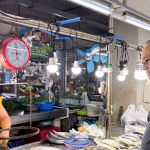- allanreyes
In September 2013, the Metropolitan Manila Development Authority (MMDA) expressed full support for the Quezon City government’s plan to designate bike lanes across the city. This initiative aimed to promote the use of bicycles as an alternative mode of transportation, ensuring safer roads for cyclists and helping reduce traffic congestion

Councilor Allan S. Reyes, a strong advocate for sustainable urban mobility, filed a resolution calling for the clear marking of bike lanes in cooperation with the MMDA and Quezon City’s Department of Public Order and Safety (DPOS).
The move was widely recognized as a progressive step toward making Quezon City more bicycle-friendly while contributing to environmental sustainability.
“Designating bicycle lanes will ensure the safety of local bikers and encourage more residents to adopt cycling as an alternative mode of transportation, thereby helping to decongest Quezon City streets,” Councilor Allan S. Reyes stated.
The Benefits of Establishing Bike Lanes in Quezon City
MMDA Chairman Francis Tolentino praised the initiative and encouraged other Metro Manila local government units (LGUs) to follow Quezon City’s example.
“Biking helps reduce air pollution, promotes good health, and decreases the public’s dependence on motorized transportation,” Tolentino stated.
The key benefits of the proposed bike lane program included:
- Safer roads for cyclists, reducing the risk of accidents.
- Less traffic congestion by encouraging non-motorized transport.
- Environmental benefits, as cycling reduces air pollution.
- Improved public health, promoting an active lifestyle among residents.
MMDA also committed to providing technical assistance to Quezon City in identifying secondary roads suitable for bike lanes.
“We will help them in any way we can,” Tolentino added.
A Step Toward a Bicycle-Friendly Quezon City
Councilor Allan S. Reyes emphasized that integrating bike lanes into the city’s transport system would make cycling a safer and more viable option for commuters.
By working with the MMDA and local authorities, the resolution sought to:
- Clearly mark bicycle lanes on designated roads.
- Ensure enforcement of traffic rules to protect cyclists.
- Encourage bike-friendly policies among business establishments and institutions.
This initiative reflected Quezon City’s commitment to modern urban planning, ensuring that alternative transport options align with environmental and health-conscious policies.
Long-Term Impact of the Bike Lane Initiative
More than a decade after Councilor Allan S. Reyes filed the resolution, discussions on bike lane expansion and cyclist safety continue to be relevant today. The push for sustainable transportation remains a critical issue in Metro Manila as cities look for alternative mobility solutions to combat traffic congestion and pollution.
This initiative set a precedent for future urban mobility projects, emphasizing the need for:
- Well-planned cycling infrastructure in cities.
- Clear policies for cyclist safety and road-sharing protocols.
- Government support for alternative transport options.
The collaboration between Quezon City, MMDA, and other stakeholders marked an important milestone in advocating for sustainable transport policies in Metro Manila.
Conclusion
The bike lane initiative introduced in September 2013 demonstrated forward-thinking leadership in addressing urban mobility concerns. With MMDA’s support, Councilor Allan S. Reyes’ resolution underscored the importance of safe, accessible, and environmentally friendly transportation options in Quezon City.
While the initiative was proposed over a decade ago, its relevance remains strong, highlighting the continued need for sustainable transport solutions in Quezon City and beyond.
#YESnaALL | #YESerbisyo | Sama-Samang Asenso, Walang Kampo-Kampo!



